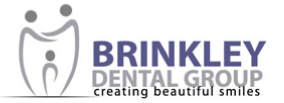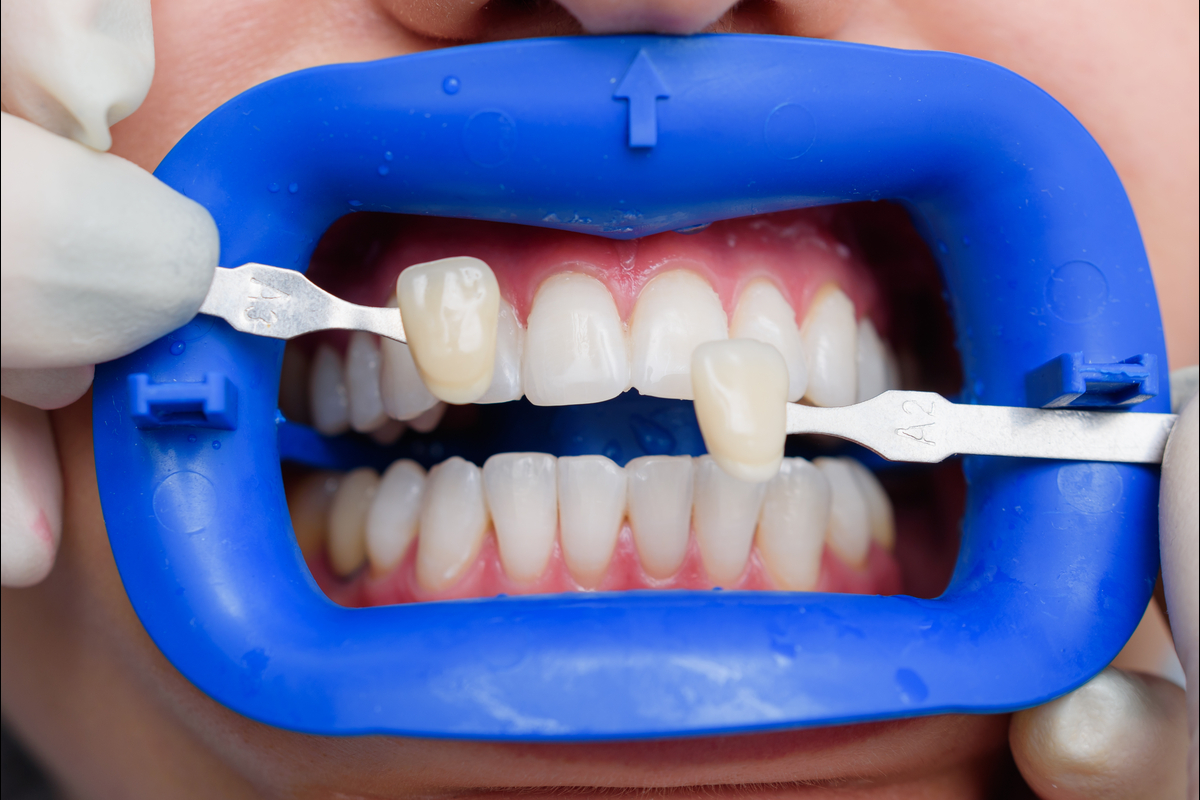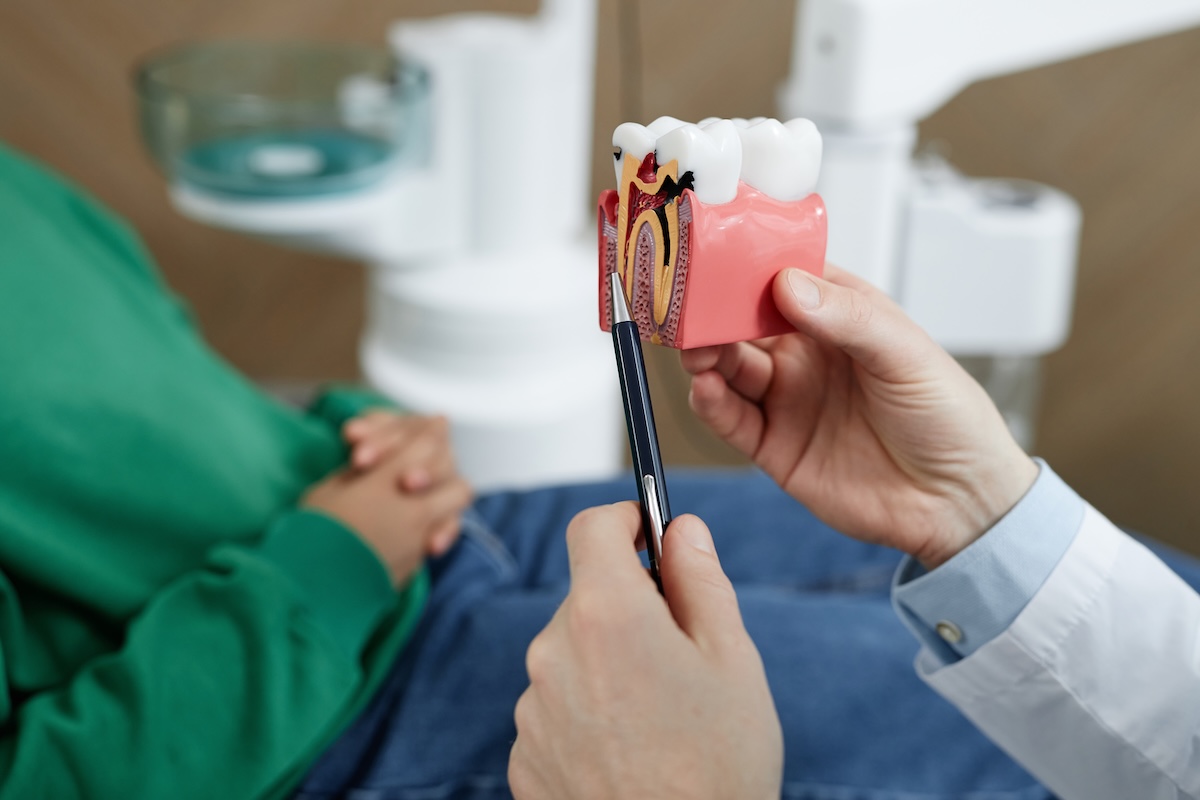When it comes to oral hygiene, your toothbrush is your first line of defence. But did you know that the wrong brushing habits—or even the wrong toothbrush—could harm your gums? Many people unintentionally cause damage to their gum tissue by brushing too hard or using a brush that’s too abrasive. If you’ve already noticed signs of gum recession or inflammation, it’s essential to seek professional periodontal care. Early intervention can help prevent further damage and preserve your oral health.
The Hidden Dangers of Overbrushing
Brushing with excessive force or using a toothbrush with stiff bristles can erode your gum line over time. This not only causes discomfort but also exposes the sensitive root surfaces of your teeth, making them more vulnerable to decay and temperature sensitivity. Gum recession can be permanent if not addressed early.
Signs you might be overbrushing include:
- Receding gums
- Tooth Sensitivity
- Notched areas near the gum line
- Frayed toothbrush bristles within weeks
Choosing the Right Toothbrush
For most people, a soft-bristled toothbrush is the safest and most effective choice. It can clean your teeth thoroughly without putting too much pressure on your gums. Whether manual or electric, look for brushes with the CDA Seal of Acceptance and replace them every 3–4 months or sooner if bristles are worn.
Electric toothbrushes with pressure sensors are an excellent option for those who tend to brush too hard. These sensors alert you when you’re using too much force, helping prevent gum damage over time.
Mastering a Gentle Technique
Even with the right toothbrush, technique matters. Here are a few gentle brushing tips:
- Use light pressure—let the bristles do the work
- Hold your toothbrush at a 45-degree angle to the gumline.
- Brush in short, circular motions rather than back and forth
- Don’t forget to brush your tongue to reduce bacteria buildup
- Always floss daily to clean where your brush can’t reach
These minor adjustments can help you maintain healthy gums and prevent unnecessary wear on your enamel.
When Gum Damage Has Already Occurred
If you’ve noticed signs of gum damage, such as recession, sensitivity, or bleeding, it’s crucial to take action promptly. Ignoring these symptoms can lead to more severe issues, including periodontal disease or tooth loss.
Here’s what you can do:
- Consult a Dentist or Periodontist
- Use Desensitizing Toothpaste
- Use an antiseptic or fluoride-based mouthwash.
- Avoid acidic or sugary foods and drinks.
- Follow-Up Care
Don’t Let Your Toothbrush Work Against You
The proper brushing technique and tools can make a world of difference in maintaining your gum health. If you’re unsure about your current habits or concerned about gum sensitivity, we’re here to help. At Brinkley Dental Group, we offer a range of services, including treating gum disease. Our experienced team will evaluate your condition and recommend the most effective treatment.
Contact us, today to book an appointment and get personalized guidance on achieving gentle, effective oral care that keeps your smile strong, and your gums protected.



